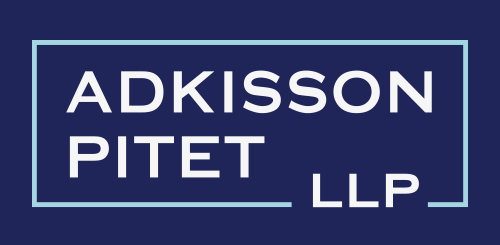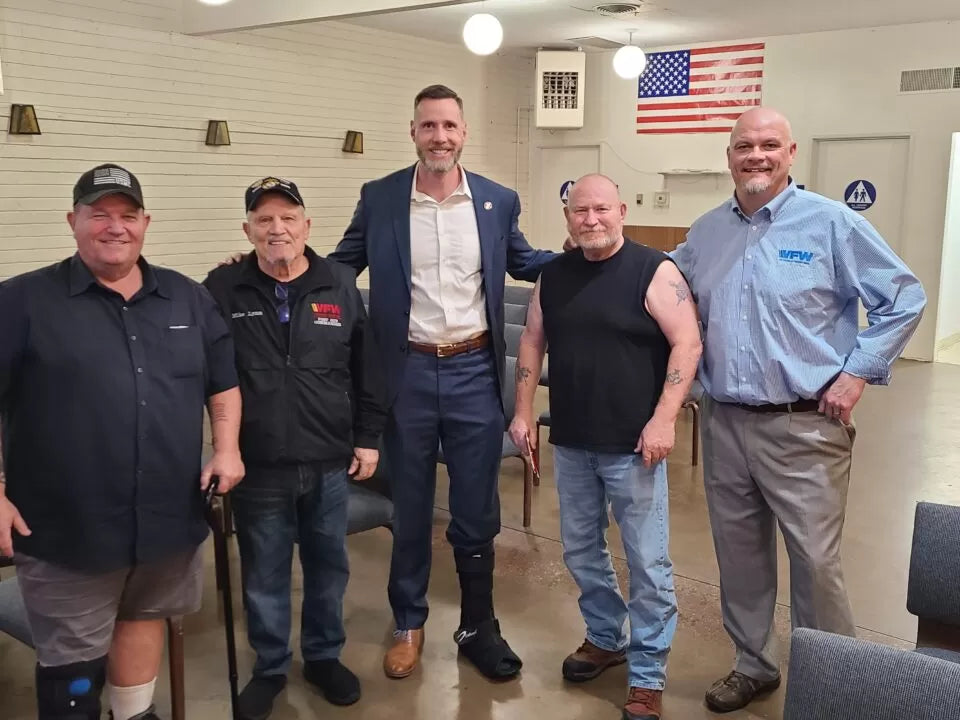CONNECTING WITH A JURY

Less than one percent (1%) of all civil cases filed in federal court are resolved by trial (state court numbers are similar), with the jury trial disposition rate being a subset of this number. However, almost every civil litigation attorney will likely try a case in front of a jury at some point in their career. During my nearly twenty-five years as a litigation attorney, I have tried many cases before juries. While the merits of a case, the facts, and the law, will be the primary determinants of the outcome, a jury trial adds a unique dimension. Every trial lawyer needs to know how to connect with a jury to increase their chances of success. The following are some basic lessons that I have learned over the years that have helped me connect well with juries and maximize success for my clients:
1. Respect the jurors’ time
Jurors are volunteers (the $15 per day stipend and 34 cents per mile travel allowance are not a working wage). They are the most essential participants in our legal system. They deserve to be respected, and one of the key ways to show this respect is to value their time. One way I try to do this is to be brief when I can. Some attorneys I have gone up against seem to think they are being paid by the word. If you can say something quickly, say it quickly – the jurors will appreciate that. Obviously, if more detail is required on a matter, you should take the appropriate time to explain things thoroughly. However, much too often, attorneys are unnecessarily repetitive or longwinded.
I remember a case several years ago in which the opposing counsel’s opening statement lasted almost two days. This easily could have been completed in 60 to 90 minutes. In another case, during voir dire, after a potential juror stated his occupation as “a UPS driver,” opposing counsel asked a series of questions inquiring about the specifics of the job duties of a UPS driver. Everyone knows what a UPS driver does in their job – this was unnecessary. I remember polling a jury following a case, and a juror strongly voiced that “the expert witness did not need to testify for 7 hours.” All of the other jurors unanimously agreed. In all these examples, the attorneys unnecessarily wasted the jurors’ time. Jurors appreciate attorneys who respect their time.
2. At all times, be polite to opposing counsel, court staff, the jurors, and, of course, the judge.
Jurors are closely watching how attorneys conduct themselves. Jurors connect with a likable attorney. You need to be genuine – if you are not genuinely likable, perhaps you are in the wrong profession. Attorneys who are rude to other participants in the courtroom will be punished for their behavior. Unlikable or rude behavior might include making exasperating facial gestures, dismissive expressions (shaking your head or rolling eyes), or even audible noises (sighs or groans) to adverse testimony. Generally, this conduct does not win you any points with jurors.
I have lost count of the number of times I have seen attorneys spar with jurors in voir dire because they don’t like their answer. The following is a real-life experience from the opposing counsel in a recent case I tried:
Attorney: “Sir, do you think you could award a large amount of damages in this case?”
Juror: “No, I don’t think I could do that.
Attorney: “Why not?”
Juror: “Because I don’t believe in large damage awards.”
Attorney: “Don’t you think you could do it if the evidence warranted it?”
Juror: “I don’t think so.”
Attorney: “Why don’t you think so?”
Unbelievably, this harassment continued for several more questions. I looked at the other potential jurors and noted their obvious disdain for this attorney as this unfolded. As an attorney, you need to understand that there may be jurors who hold views that may not make them appropriate for your case, and that is okay. Debating a juror during voir dire will never serve you well.
Cases are generally decided on facts and evidence, but impolite behavior by an attorney towards opposing counsel, court staff, jurors, or the judge can negatively impact the result.
3. Always be honest with the jury.
The most crucial currency an attorney has is integrity. Being honest with the jury means being honest about the good facts and addressing bad facts. If a jury believes that the attorney is not being honest with them, you will lose this currency and your credibility with the jurors.
Today, we live in a society where making concessions is often viewed as a weakness. However, from my experience, I will tell you that judges and jurors appreciate it when an attorney honestly concedes an apparent weakness. It is much better to candidly address and acknowledge a weakness than to ignore it or, worse, to misrepresent it. If the jury does not think you are being honest with them, they will begin to discount almost everything you say, and you are likely not going to have the outcome you want at the end of the trial.
4. Do not be afraid to reveal your emotion and be vulnerable.
I remember my first jury trial being understandably nervous (I came very close to throwing up in the bathroom before the start of the first day). There would have been nothing wrong if I had shared these genuine feelings with the jury. To fully develop that connection with jurors, which every trial lawyer seeks to do, requires you to be emotional and vulnerable when appropriate.
A great trial attorney is a great storyteller. They do not get bogged down in legalese but instead break things down into concepts the jury understands. A great storyteller naturally brings emotion as they weave through the story. For the trial attorney, this means making the facts and law relatable to the jurors.
5. Physical engagement improves your connection with the jury.
While every attorney has their own style, I prefer to do the following in a jury trial: stand when I question witnesses, approach witnesses when appropriate (i.e., showing them a document), make eye contact with jurors, physically interact with or reference exhibits (use of a pointer or remote control), and move around the courtroom as appropriate. I believe you engage the jury more intensely when you do these things. You don’t want to overdo it or be fake, phony, or overly demonstrative. However, the jury is your audience, and ultimately, they will determine the outcome of your case. In whatever style you adopt, be yourself. Jurors will be quick to identify (and potentially penalize) an unauthentic attorney.
Jurors are human beings. As a trial attorney, it is essential to remember that jurors are always watching you -- whether in the courtroom, in the hallway outside the courtroom, or the elevator. Throughout the trial, jurors make judgments on you, your client, and your case. Jurors who are bored or disrespected are not listening. If they are not listening, they will unlikely side with your client. A lawyer who is mindful of the above guidelines and engages with jurors will connect with them and increase the chances of success for their clients.





Christopher Pitet
Author